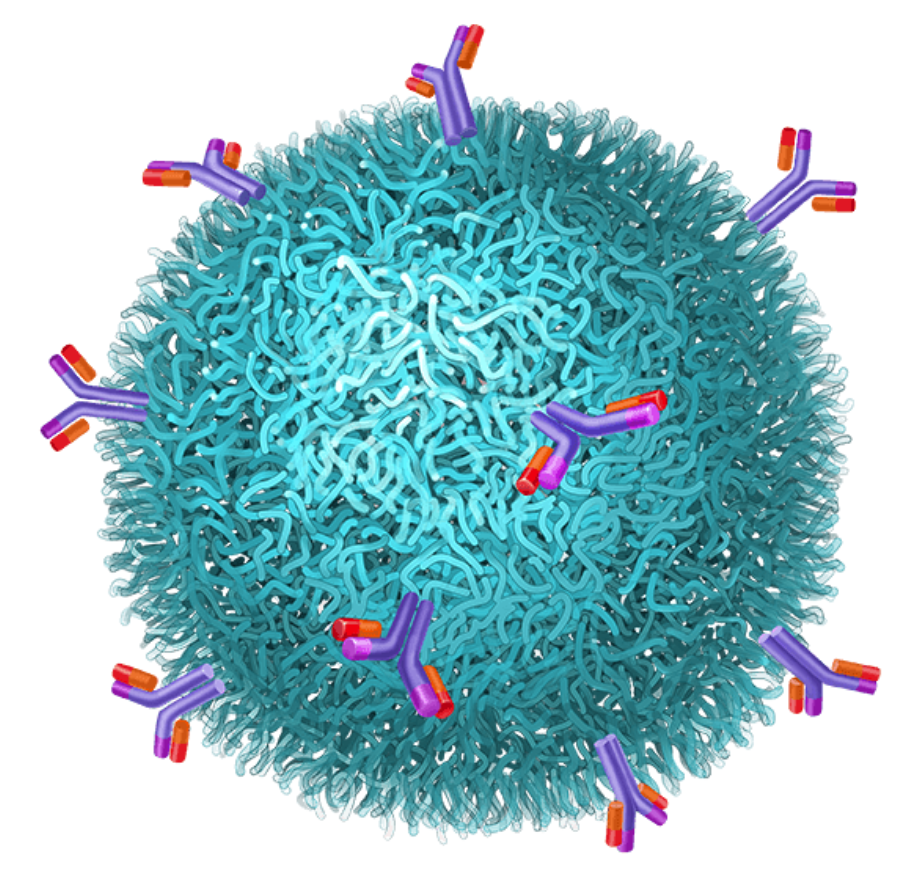MagSense HER2 MR Imaging Agent Found Safe, Tolerable in Phase I Study
Images

Imagion Biosystems Limited announced positive results following completion of the IBI10103 phase I clinical trial evaluating the safety and clinical feasibility of MagSense HER2 Imaging Agent (MSH2IA) as an adjunct to MRI for the assessment of axillary lymph node metastasis in patients diagnosed with HER2+ primary breast cancer.
The trial met its endpoint of safety and tolerability, and showed that blinded radiologists may be able to distinguish suspicious lymph nodes that are infiltrated with metastatic HER2+ cancer from those involved in a healthy immune response or otherwise normally reactive. Thirteen women definitively diagnosed with HER2+ breast cancer were enrolled and treated with the drug without any safety issues, toxicity or drug-related adverse events reported.
Dr Isaac Bright, Managing Director and CEO of Imagion, presented the data at the international San Antonio Breast Cancer Symposium last week and said, "Patients with HER2 positive breast cancer need better staging options that are safe, reliable, comprehensive, and less invasive than today's standard of care – axillary ultrasound and serial biopsy procedures. Too many of these women endure unnecessary interventions that provide incomplete information and impose unnecessary costs on global healthcare systems. We are encouraged by MSH2IA's potential to increase the accuracy of disease staging, and thus improve treatment decisions."
The IBI10103 clinical trial was closed in October 2023 and evaluated the potential of the world's first molecularly targeted MRI contrast agent, MSH2IA (MagSense HER2 Imaging Agent), to enhance clinicians' ability to non-invasively and more accurately determine the stage of HER2+ breast cancer. This trial, which was a multi-center open-label study, demonstrated the drug is safe and well-tolerated.
An international panel of blinded radiologists assessed pre-dose versus post-dose MRI scans of treated patients. 5 patients' scans were not interpretable due to image artifacts or tumor invasion that precluded lymphatic drainage of MSH2IA to axillary lymph nodes. In a comprehensive assessment of the other 8 patients' scans, the radiologists recognized MSH2IA uptake in both normal and malignant lymph nodes. Normal lymph nodes were recognized by a uniformly dark contrast distributed throughout the entire node. Tumor-metastasized lymph nodes were observed to have heterogeneous scattered darkening. Importantly, MRI assessment of post-MSH2IA imaging achieved parity or outperformed standard-of-care axillary ultrasound imaging in all 8 of these patients. Molecular MRI with MSH2IA achieved nearly perfect patient-level concordance, as 7 of these 8 patients identified with tumor-metastasized lymph nodes post-MSH2IA MRI imaging were confirmed by post-surgical pathology analysis to have metastatic disease. The Company continues to work towards its Investigational New Drug application for submission to the US FDA, which was initially planned for Q1:2024, but now likely to be delayed as Imagion works to ensure sufficient resources are in place to pursue clinical development of the MagSense® imaging technology. As the global first-mover enabling molecular MRI, these results are very promising for Imagion and for improved precision oncology care. The Company is encouraged by the feedback IBI10103 results are attracting from prospective partners.